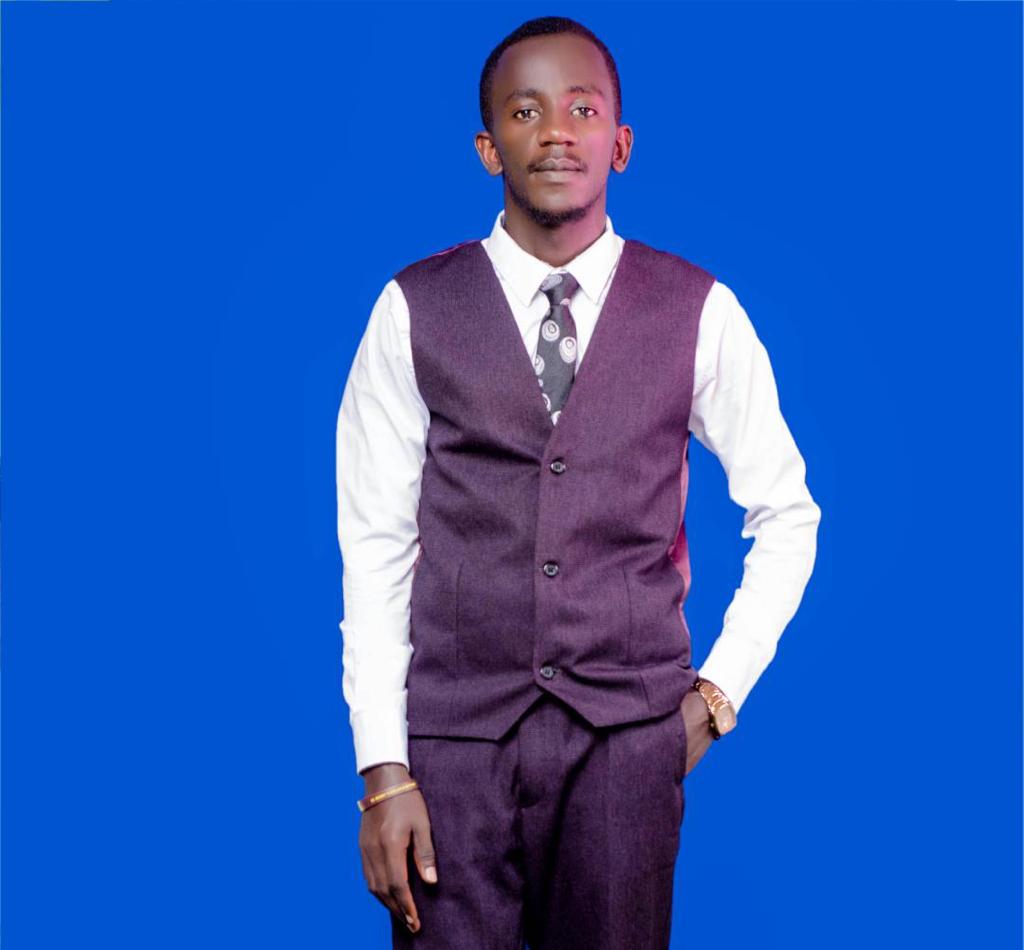By Kwesiga Emmanuel
In the realm of social theory, few concepts have ignited as much discussion as the Broken Window Theory. First conceived by social scientists James Q. Wilson and George Kelling in 1982, the theory posits that visible signs of disorder and minor misbehavior in a neighborhood can pave the way for a surge in petty and more serious crimes. This theory, which originated in the West, has found its way into Uganda’s societal landscape, prompting contemplation on its applicability and relevance in the African context.
A Theory with Global Footprints
The Broken Window Theory has left its imprint across the globe, aiming to combat crime by addressing seemingly insignificant acts of disorder. The idea is that by swiftly addressing minor infractions, authorities can prevent the emergence of more serious criminal activity. This strategy gained notable traction in the 1990s in New York City, where minor offences were targeted to clean up the urban environment and, consequently, reduce crime rates.
Uganda’s Unique Socio-economic Landscape
As Uganda grapples with its own societal complexities, the question of whether the Broken Window Theory holds water in this context becomes crucial. While the theory’s intent is to promote social order, critics argue that its application might oversimplify Uganda’s challenges. The country faces deep-rooted socio-economic disparities, with a significant portion of the population struggling to access basic resources. In such a scenario, an approach that focuses solely on addressing minor infractions might overlook the systemic factors driving crime.
A Clash of Theories and Legal Principles
The friction between the Broken Window Theory and the legal maxim “De Minimis Non Curat Lex,” which asserts that the law does not concern itself with trifles, is captivating. The theory urges swift action against even the smallest infractions, while the legal principle emphasizes proportionality and avoids being bogged down by minor issues. This dichotomy presents a dilemma: can these two divergent perspectives coexist in Uganda’s legal framework?
Balancing Crime Prevention and Human rights
As Uganda contemplates the applicability of the Broken Window Theory, it faces the delicate task of balancing crime prevention with the safeguarding of individual rights. Critics express concerns that a zero-tolerance approach might infringe upon constitutionally guaranteed rights such as the right to life, protection from inhuman treatment, and freedom of expression. This raises the crucial question of whether crime prevention should be pursued at the expense of basic human rights.
The Way Forward
In navigating these complex waters, Uganda’s policymakers, legal experts, and civil society must engage in thoughtful discourse. The Broken Window Theory offers a lens through which Uganda’s societal challenges can be examined, but a one-size-fits-all approach is unlikely to suffice. The country’s unique socio-economic context necessitates a nuanced strategy that balances crime prevention with the promotion of social justice and human rights.
In the end, the Broken Window Theory is more than just an academic concept; it’s a catalyst for important conversations about Uganda’s present and future. Striking the right balance between crime prevention, societal transformation, and human rights preservation will require introspection, debate, and a commitment to crafting an approach that resonates with the nation’s unique identity.


